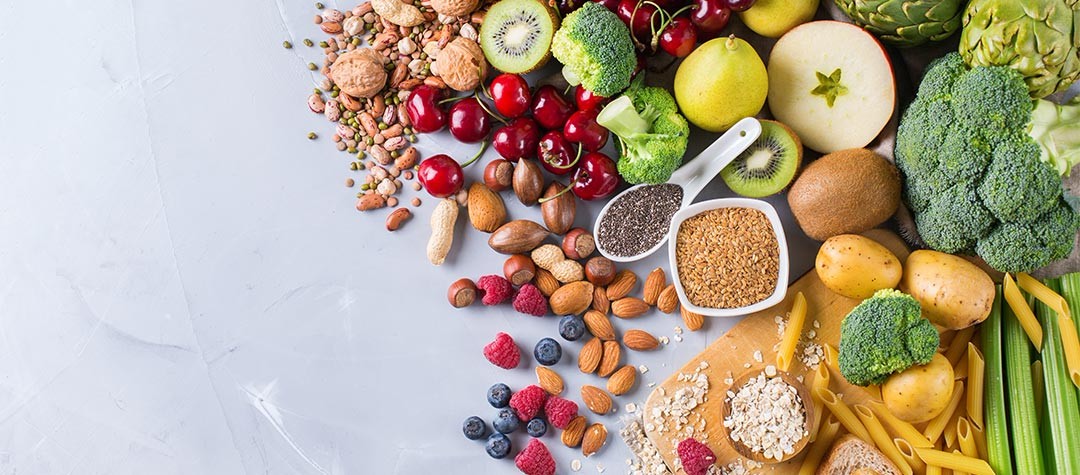
Food Tips : Essential Food Tips for Home Cooks
Cooking is more than just a necessity; it’s an art form that allows you to create delicious and memorable meals. Whether you’re a novice or an experienced home cook, these essential food tips will elevate your culinary skills, making every meal an unforgettable experience.
1. Plan Your Meals
Meal planning is the foundation of successful home cooking. Consider these tips:
- Weekly Planning: Plan your meals for the week in advance. It saves time and reduces stress.
- Variety: Include a mix of proteins, vegetables, and grains in your meals for balanced nutrition.
- Leftovers: Embrace leftovers as an opportunity for creativity. Repurpose them into new dishes.
2. Invest in Quality Ingredients
Great cooking starts with great ingredients. Here’s what you can do:
- Freshness: Choose fresh produce, meats, and dairy whenever possible. They impart the best flavors.
- Seasonality: Opt for seasonal ingredients. They are at their peak of flavor and often more affordable.
- Read Labels: Pay attention to product labels, especially for packaged goods. Select those with fewer additives and preservatives.
3. Master Basic Cooking Techniques
A solid foundation in cooking techniques is essential. Focus on these skills:
- Knife Skills: Learn how to chop, slice, and dice with precision to ensure even cooking.
- Searing: Master the art of searing to create flavorful crusts on meats and vegetables.
- Sauteing: Practice sauteing for quick and evenly cooked dishes.
- Roasting: Roasting enhances flavors and textures. Perfect for vegetables and meats.
4. Enhance Flavors
Amp up the taste of your dishes with these flavor-enhancing tips:
- Herbs and Spices: Experiment with herbs and spices to add depth to your recipes.
- Acidity: A squeeze of lemon or dash of vinegar can brighten up dishes.
- Umami: Incorporate umami-rich ingredients like soy sauce, mushrooms, or Parmesan for savory depth.
5. Don’t Overcook Proteins
Overcooking proteins can lead to dry and tough results. Follow these guidelines:
- Use a Meat Thermometer: Invest in a meat thermometer to ensure proteins reach the desired internal temperature.
- Resting: Allow meats to rest after cooking to redistribute juices and maintain moisture.
6. Taste as You Cook
Frequent tasting is a chef’s secret. It allows you to adjust flavors and seasonings throughout the cooking process.
7. Experiment and Innovate
Don’t be afraid to experiment and innovate in the kitchen:
- Recipe Modification: Modify recipes to suit your taste preferences or dietary needs.
- Cuisine Exploration: Explore cuisines from around the world to expand your cooking horizons.
8. Practice Food Safety
Food safety is paramount in the kitchen. Follow these guidelines:
- Hand Hygiene: Wash your hands frequently, especially after handling raw meats.
- Temperature Control: Keep perishable foods refrigerated at the proper temperature.
- Avoid Cross-Contamination: Use separate cutting boards for raw meats and vegetables.
9. Cleanup As You Go
Maintain an organized and clean kitchen:
- Wash Dishes: Clean as you cook to reduce post-meal cleanup.
- Sanitize Surfaces: Regularly sanitize countertops and cutting boards.
10. Enjoy the Process
Finally, cooking should be enjoyable. Embrace the journey, and don’t be discouraged by occasional mishaps. Cooking is about creativity, experimentation, and the joy of sharing delicious meals with loved ones.
Food Tips Conclusion
cooking is a delightful journey that allows you to express your creativity and nourish both body and soul. By incorporating these essential food tips into your culinary repertoire, you’ll not only become a more skilled home cook but also create memorable dining experiences that will be cherished by those who share your table. Happy cooking!


